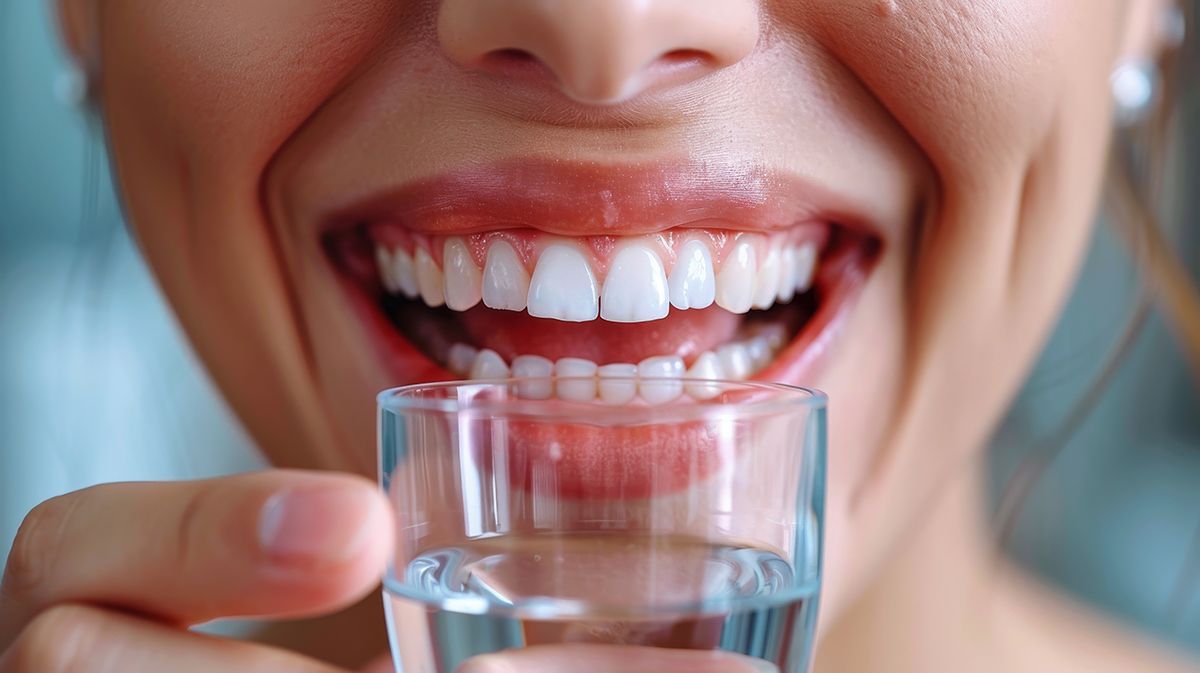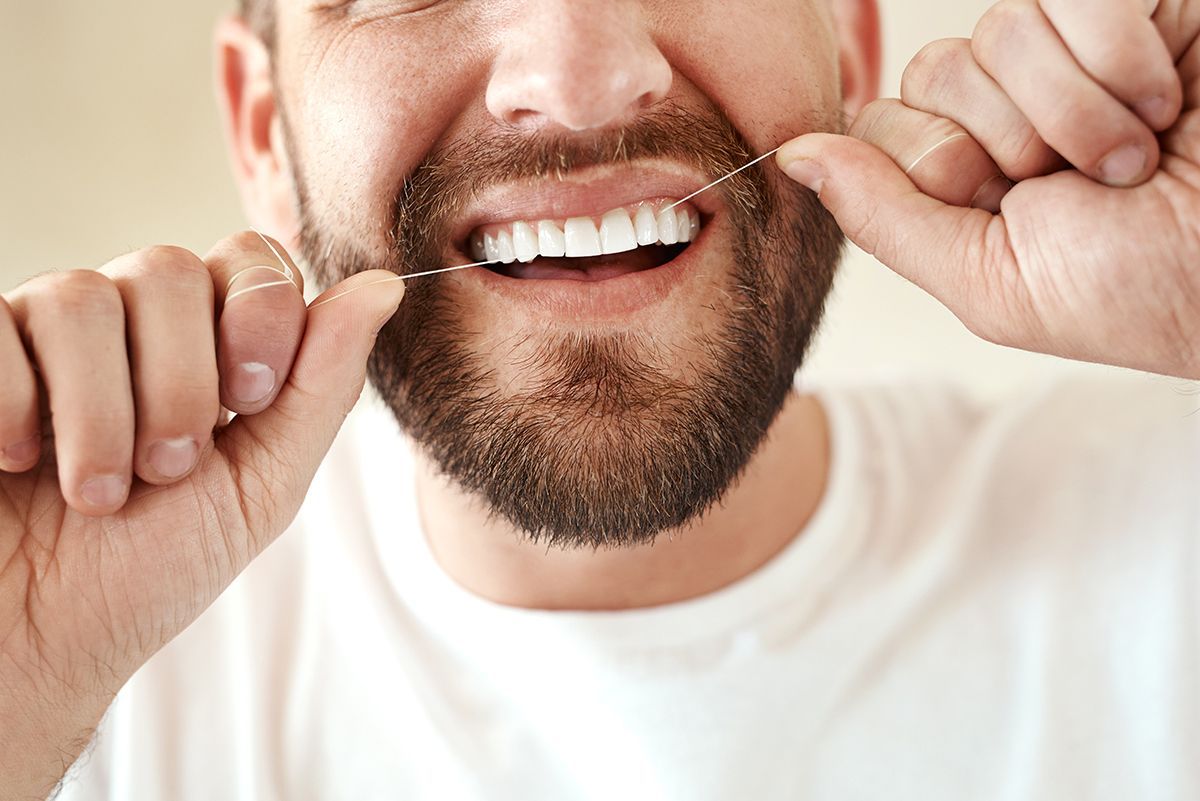The Importance of Preventive Dentistry
Preventive dentistry plays a crucial role in maintaining not only oral health but also overall well-being. By focusing on early detection and proactive measures, preventive dentistry aims to prevent the onset of dental problems and reduce the need for extensive treatments in the future. In this guide by us here at
Oadby Dental Clinic, we'll help you understand the importance of preventive dentistry, its various components, and practical tips for maintaining optimal oral health through preventive measures.
Preventive dentistry encompasses all the dental practices aimed at preventing oral diseases and maintaining a healthy mouth. This approach is not just about regular check-ups; it involves a combination of professional dental care and at-home oral hygiene practices.
The significance of preventive dentistry can be highlighted through the following points:
- Early Detection and Treatment: Regular dental visits allow for the early detection of potential issues such as cavities,
gum disease, and
oral cancer.
Early diagnosis means that treatment can begin sooner, often resulting in less invasive and more effective solutions.
- Cost Savings: Preventive care is generally less expensive than restorative treatments. By preventing dental problems before they become severe, you can avoid costly and extensive procedures like root canals, extractions, and implants.
- Maintaining Oral Health: Regular dental care helps maintain the health of your teeth and gums. Healthy gums and teeth are less likely to develop cavities, infections, or other dental issues, ensuring a strong and functional mouth.
- Overall Health Benefits: Oral health is closely linked to overall health. Poor oral hygiene can lead to serious health conditions such as heart disease, diabetes, and respiratory infections. Preventive dentistry helps mitigate these risks by keeping your mouth healthy.
- Preserving Natural Teeth: The goal of preventive dentistry is to help you maintain your natural teeth for as long as possible. By preventing decay and gum disease, you can reduce the likelihood of tooth loss and the need for dentures or implants.
Components of Preventive Dentistry
Preventive dentistry involves a combination of professional dental care and good oral hygiene practices at home.
The key components include:
- Regular Dental Check-Ups: Visiting your dentist regularly—typically every six months—is essential for maintaining oral health. During these visits, your dentist will perform a thorough examination of your mouth, teeth, and gums, checking for signs of decay, disease, and other issues.
- Professional Teeth Cleanings: Professional cleanings from a
dental hygienist remove plaque and tartar buildup that regular brushing and flossing might miss. This helps prevent cavities and gum disease and keeps your teeth looking bright and clean.
- Fluoride Treatments: Fluoride is a mineral that strengthens tooth enamel and helps prevent cavities. Your dentist may recommend fluoride treatments, especially for children, to help protect their teeth from decay.
- Dental Sealants: Sealants are thin, protective coatings applied to the chewing surfaces of the back teeth (molars). They act as a barrier against cavities and are especially beneficial for children and teenagers.
- Oral Cancer Screenings: Early detection of oral cancer can significantly improve the chances of successful treatment. Regular screenings during dental visits help identify any suspicious areas that may require further investigation.
- X-Rays: Dental X-rays provide a detailed view of your teeth and jaw, allowing your dentist to detect problems that are not visible to the naked eye, such as cavities between teeth, impacted teeth, and bone loss.
Preventive Dental Care at Home
In addition to professional dental care, maintaining good oral hygiene at home is crucial for preventing dental problems.
Here are some essential practices:
- Brushing: Brush your teeth at least twice a day with fluoride toothpaste. Use a soft-bristled toothbrush and replace it every three to four months or sooner if the bristles are frayed. Brush for at least two minutes, making sure to clean all surfaces of your teeth.
- Flossing: Floss daily to remove plaque and food particles from between your teeth and under the gumline. Flossing helps prevent cavities and gum disease by keeping these areas clean where a toothbrush can't reach.
- Mouthwash: Using an antimicrobial or fluoride mouthwash can help reduce plaque, prevent gum disease, and strengthen tooth enamel. Choose a mouthwash that suits your needs and use it as directed.
- Healthy Diet: A balanced diet is essential for oral health. Limit sugary and acidic foods and beverages, which can contribute to tooth decay. Instead, eat a diet rich in fruits, vegetables, whole grains, and lean proteins.
- Hydration: Drink plenty of water throughout the day. Water helps wash away food particles and bacteria, reducing the risk of cavities and gum disease. It also helps keep your mouth moist, which is essential for oral health.
- Avoid Tobacco Products: Smoking and using other tobacco products significantly increase the risk of gum disease, oral cancer, and other oral health problems. If you use tobacco, seek help to quit.
- Protective Gear: If you play contact sports or grind your teeth at night, use a mouthguard to protect your teeth from injury and wear.

Preventive Dentistry for Different Age Groups
Preventive dentistry is essential for people of all ages, from young children to older adults.
Here are some age-specific considerations:
- Children: Start dental care early, even before the first tooth appears. Clean your baby's gums with a soft cloth, and once teeth come in, brush them with a small, soft-bristled toothbrush. Schedule the first dental visit by the first birthday. Encourage good habits early on to set the foundation for a lifetime of oral health.
- Teenagers: Teens are at higher risk for cavities due to dietary choices and the onset of orthodontic treatments like braces. Reinforce the importance of brushing, flossing, and regular dental visits. Sealants and fluoride treatments can be particularly beneficial during this time.
- Adults: For adults, preventive care is vital to maintain oral health and prevent gum disease, cavities, and oral cancer. Regular dental visits, good oral hygiene, and a healthy diet are essential. Address any signs of gum disease or other oral health issues promptly.
- Seniors: Older adults may face unique oral health challenges, including dry mouth, gum disease, and tooth loss. Maintaining regular dental visits and good oral hygiene practices is crucial. Ensure that any dentures or dental appliances fit properly and are cleaned regularly.
Preventive dentistry is a lifelong commitment that offers significant benefits at every stage of life. By prioritising preventive care, you can enjoy a healthy, beautiful smile and reduce the need for extensive and costly dental treatments.
Remember, the best way to maintain your oral health is through these proactive and preventive measures, so take your first step and book an appointment today with Oadby Dental Clinic.



